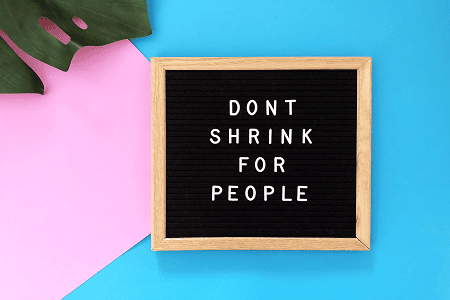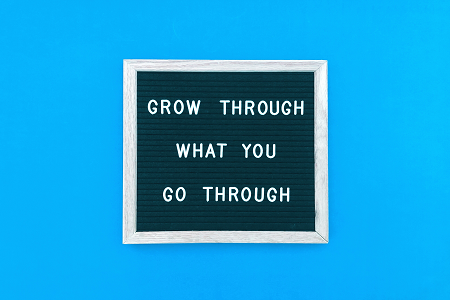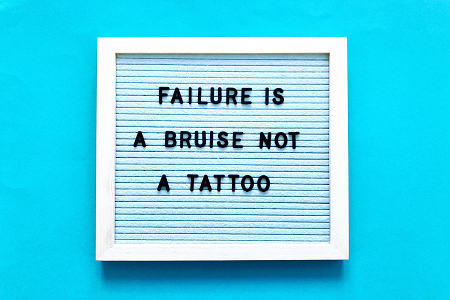 There’s a common saying that goes “Music heals the soul”, and many of us can attest to the truth of those words. Music has the power to spark emotion and bring back memories. It can bring people together and give those who suffer from mental health issues a reprieve from everyday life. This is why so many people use music to keep them going in tough times and why mental health professionals often recommend embedded music therapies into mental health treatment programs.
There’s a common saying that goes “Music heals the soul”, and many of us can attest to the truth of those words. Music has the power to spark emotion and bring back memories. It can bring people together and give those who suffer from mental health issues a reprieve from everyday life. This is why so many people use music to keep them going in tough times and why mental health professionals often recommend embedded music therapies into mental health treatment programs.
Music can be a powerful tool for healing and good mental health, if used correctly. Its melodic tones can bring a sense of peace and relaxation, and its rhythm can help give people a sense of comfort and liberation. It can also be used to lift moods and motivation and can be used as a calming influence, helping people to regulate their emotions and reactions.
For those suffering from depression, music can often become an incredibly powerful coping tool, helping to give your moods a much-needed lift. Music can act like a soothing balm, providing temporary distraction from the sadness that often engulfs depression. It can also be used as a form of self-expression, allowing those affected to release emotions they can't put into words.
Anxiety is another term often associated with mental health issues and is one which can often be calmed by music. Calming music, such as classical music or some jazz, can help soothe the symptoms of anxiety, and this is why many people use music as a form of distraction when they start to feel the symptoms of anxiety arising.
It’s important to remember that not all music is the same, and certain genres-such as heavy metal or rap-can actually exacerbate anxiety as they add to the feeling of chaos and disruption. Instead, choose music with a slower tempo that has calming messages.
Music has also been known to reduce stress, and this is because it triggers a release of dopamine in the brain. This hormone is associated with positive feelings and can often give us a sense of euphoria and happiness.
On top of this, music can also help improve the overall mood because it triggers the release of endogenous opiates in the brain. These hormones are known as endorphins and they act as natural painkillers and can act to improve our mental wellbeing.
In summary, music can be an incredibly powerful tool if used correctly to help manage mental health conditions. It can bring a sense of relaxation, help to give a much-needed lift to those feeling down, and help with overall stress management. It's important to find music that calms and acts as a soundtrack to your own Mindfulness practice. However, as with all forms of mental health treatment, it’s best to discuss it with a mental health professional to ensure that it’s used safely and effectively.
Hashtags: #MusicandMentalHealth #mentalhealth #care #MusicTherapy #Healing






